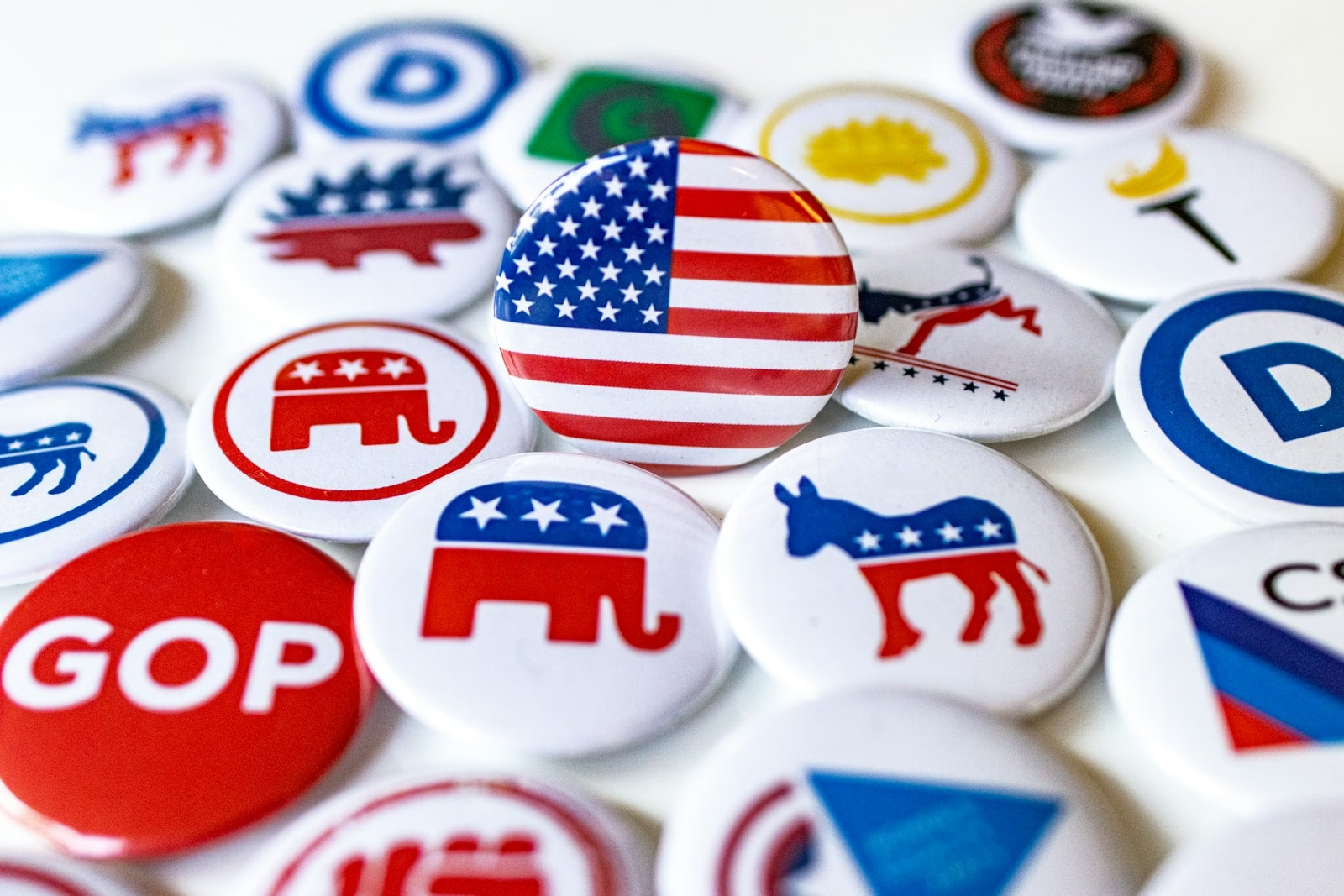Key Takeaways
- President Trump defended H-1B visas in a recent interview, angering many MAGA supporters.
- Critics argue America has enough talent and should invest in its own workforce.
- High-profile figures like Marjorie Taylor Greene and Matt Walsh voiced strong opposition.
- The debate highlights tension within the Republican Party over immigration and tech needs.
- This clash comes as the administration tightens immigration enforcement elsewhere.
Why Trump’s H-1B visas comments matter
President Trump told Laura Ingraham that the United States needs foreign talent. He said, “we also do have to bring in talent.” When Ingraham argued that America already has enough skilled people, Trump disagreed. He stated, “No, you don’t.” His words sparked outrage among his core base. Now, hard-line Republicans are publicly criticizing him. They see the H-1B visas program as unfair competition for American workers.
MAGA backlash over H-1B visas
After the interview aired, John Fredericks, a former Trump campaign manager, expressed shock. He praised Trump on most issues but said he “adamantly opposes” this stance on H-1B visas. Similarly, Matt Walsh, a vocal cultural commentator, took to social media to claim, “America is for Americans.” He added that importing foreign workers would only hurt U.S. citizens. Marjorie Taylor Greene also joined the criticism. She wrote that foreign students should not fill American colleges for financial gain.
Tech’s talent crunch and H-1B visas
Major tech firms heavily rely on H-1B visas to hire engineers and developers. Silicon Valley leaders say domestic graduates can’t fill all the open roles. Moreover, some specialized fields, like artificial intelligence, face acute talent shortages. Thus, companies argue they must look abroad. Even so, critics counter that better training programs at U.S. universities could solve the gap. They insist the focus should be on American students and workers first.
How H-1B visas work
The H-1B visas program allows skilled foreign workers to live and work here for up to six years. Employers sponsor these visas to fill specialized roles that need a college degree. Each year, there is a lottery because demand far exceeds the annual cap. In recent years, tech giants have secured tens of thousands of these permits. Meanwhile, other industries, like healthcare and finance, also depend on this stream of talent.
Internal Republican tensions
On one side, some party members back H-1B visas to keep the tech sector competitive. On the other side, populist voices demand policies that protect American workers. This division has grown over time. Indeed, it flared during Trump’s transition team, when Elon Musk defended the program. Now, it has boiled over into open conflict. As a result, Republican unity on immigration policy looks shaky.
Broader immigration crackdown
While Trump defends H-1B visas, his administration is cracking down elsewhere. Federal agents have increased arrests of noncitizens in major cities. This dual approach puzzles many observers. They wonder why the president would ease rules for skilled workers while tightening them for others. However, Trump and his team argue that high-skill immigration strengthens national interests.
Potential impact on Trump’s base
Some pundits warn this dispute could hurt Trump in the next election. His core supporters value strict immigration limits. When Trump seems to soften those limits, frustration grows. Yet, tech-industry donations and support may push him to keep the H-1B visas program intact. Therefore, he faces a tricky balancing act between voters and industry.
Looking ahead for H-1B visas policy
If pressure mounts, Trump might propose reforms to the H-1B visas program. Ideas on the table include raising wage requirements for visa holders. Others call for stricter enforcement of U.S. worker preference rules. Meanwhile, some senators plan hearings to review the program’s impact on American jobs. Thus, the debate over H-1B visas will likely continue in Congress.
Why this debate matters to you
Whether you’re a recent graduate or a job seeker, the outcome affects the labor market. A tighter H-1B visas regime could open spots for American applicants. Conversely, restricting the program may slow innovation in tech and science. Either way, changes to H-1B visas will shape career paths and industry growth.
Frequently Asked Questions
What are H-1B visas and who uses them?
H-1B visas allow skilled foreign workers to fill specialized roles in the U.S. Tech companies, universities, and hospital systems often sponsor them. The visa lasts up to six years, with a lottery system when applications exceed the limit.
Why did Trump defend H-1B visas despite GOP anger?
Trump sees a need for foreign talent to support tech growth. He believes some roles cannot be filled quickly by domestic workers. His stance aims to balance strict border policies with industry needs.
Could changes to H-1B visas boost American job seekers?
Yes. Tightening the program could create more openings for U.S. graduates and professionals. However, it might also slow down projects that rely on specialized skills, affecting innovation.
How might this debate affect the next election?
Tensions over H-1B visas reveal a split in the Republican base. If Trump shifts too much toward industry demands, some supporters may feel betrayed. That could influence voter turnout and loyalty.
